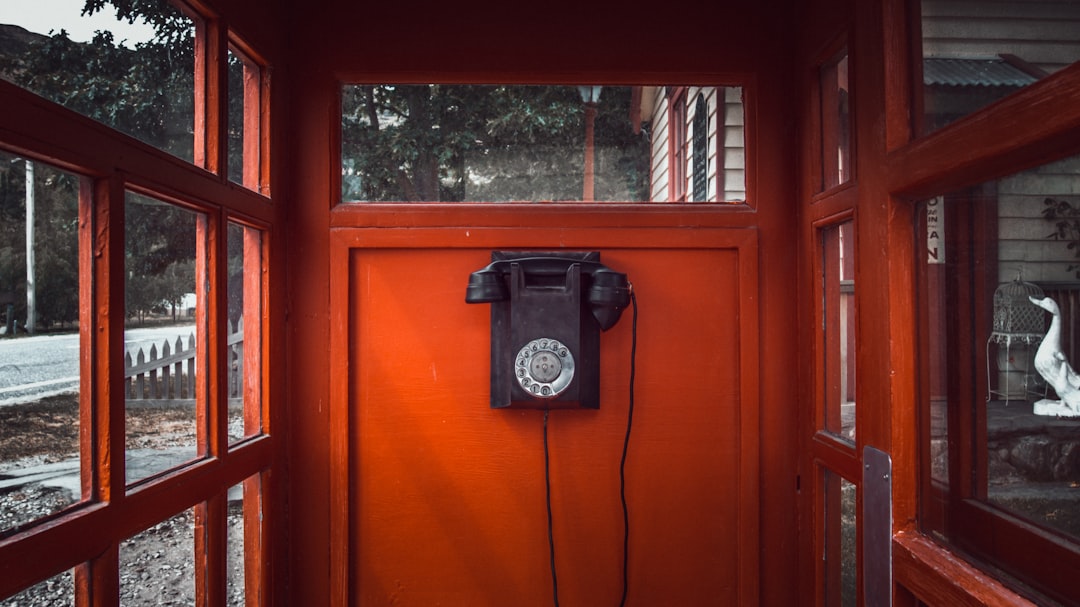Oklahoma residents have protections against unwanted robocalls through state and federal laws, including the Telephone Consumer Protection Act (TCPA). Documenting calls is crucial for legal action, as residents can opt-out of certain types of promotional calls and potentially sue for robocalls, especially if privacy is violated. Consulting a lawyer helps determine legal recourse, such as seeking damages or stopping nuisance calls through an FAQ guide that clarifies rights and reporting options.
In Oklahoma, understanding robocalls and your rights against them is crucial. With laws governing these automated calls, knowing your options is essential, especially if you’re receiving unwanted or harassing phone communications. If you’re wondering, “Can I sue for robocalls in Oklahoma?” this guide offers insights into robocall regulations, how to identify them, and your legal recourse. We’ll help craft a comprehensive FAQ to tackle common concerns surrounding these calls.
Understanding Robocalls in Oklahoma: Laws and Regulations

In Oklahoma, robocalls are regulated by state and federal laws designed to protect residents from unwanted and fraudulent calls. The Telephone Consumer Protection Act (TCPA) restricts automated calls for marketing purposes, requiring prior express consent from recipients. Residents can take legal action against businesses or individuals violating these rules, including seeking damages through lawsuits. The Oklahoma Attorney General’s Office actively enforces laws against robocallers, making it a viable option for aggrieved parties to explore legal remedies, especially when considering if they can sue for robocalls in Oklahoma.
Understanding the legal framework is crucial for Oklahoma residents facing frequent or abusive robocalls. Knowledge of their rights under these regulations empowers them to take action against violators. If a resident believes they’ve been targeted by illegal robocalls, documenting the calls, including dates, times, and the content of messages, serves as valuable evidence for any potential legal action, including the possibility of suing for robocalls in Oklahoma.
What Qualifies as Unwanted Calls? Recognizing Robocalls

In the digital age, unwanted calls, often known as robocalls, have become a common nuisance for many Americans, including residents of Oklahoma. These automated phone calls are typically generated by businesses or organizations using pre-recorded messages to promote products or services en masse. While some promotional calls may be expected, such as those from local retailers, others are considered unauthorized and intrusive.
Unwanted calls qualify as robocalls when they use automatic dialing systems and prerecorded or artificial voices without the recipient’s prior consent. Oklahoma residents have the right to opt-out of certain types of these calls under state laws. If you’re tired of receiving harassing or unsolicited phone calls, understanding your rights is the first step. Moreover, recognizing robocalls can empower you to take action, including filing a complaint with relevant authorities and potentially seeking legal recourse if they violate your privacy. Remember, just because a number is on your screen doesn’t mean it’s legitimate—be cautious and verify sources before engaging. And don’t hesitate to explore the option of suing for robocalls in Oklahoma if your rights have been infringed upon.
Your Rights: Can Residents Take Legal Action?

In Oklahoma, residents have certain rights when it comes to dealing with robocalls. While many states have specific laws against automated phone calls for marketing purposes, Oklahoma’s regulations are more general. However, if a robocall violates your privacy or involves deceptive practices, you may have legal recourse.
If you believe you’ve been harmed by unwanted robocalls, including but not limited to emotional distress, loss of sleep, or financial harm, you might consider taking legal action. Consulting with an attorney specializing in consumer protection law can help determine if you have a case and guide you on the best course of action, potentially involving suing the culprits behind these calls, especially if they persist despite your requests to stop receiving them. Remember, knowing your rights is the first step towards protecting yourself from intrusive and unauthorized phone marketing.
Crafting a Comprehensive FAQ for Robocall Concerns

Creating a comprehensive FAQ about robocalls is essential for addressing common concerns among Oklahoma residents. This resource can serve as a go-to guide, providing clear and concise answers to frequently asked questions related to automated phone calls. In terms of legal rights, it’s crucial to include information on “Can I sue for robocalls in Oklahoma?”—educating residents about their options if they feel their privacy has been violated or if the calls are considered harassing.
The FAQ should cover a range of topics, such as how to stop unwanted calls, identifying legitimate businesses vs. scammers, and understanding consumer protection laws relevant to robocalls in Oklahoma. By offering practical advice and legal insights, this resource empowers residents to take action against nuisance calls effectively. Additionally, it may include tips on reporting excessive robocalls to the appropriate authorities, ensuring that concerned citizens have a clear path to resolve their issues.






